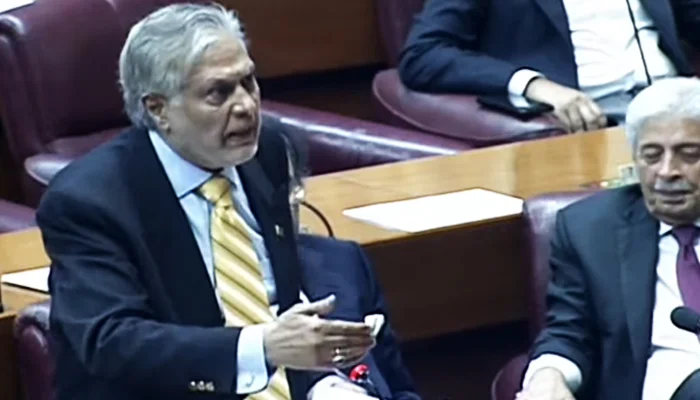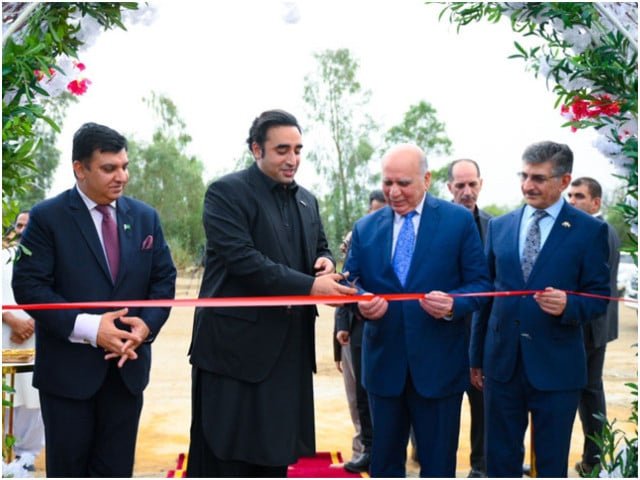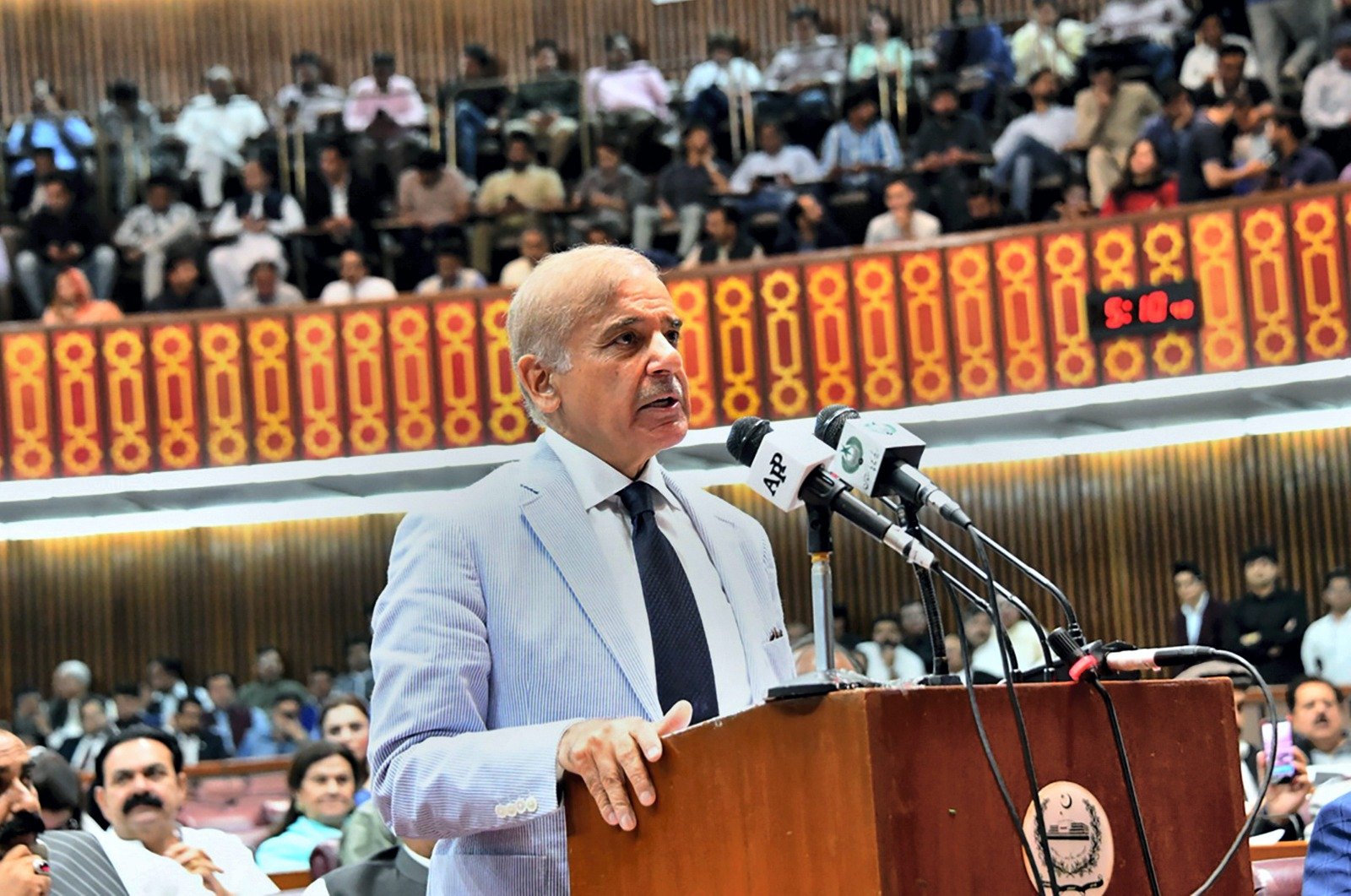Pakistan Plans Tit-for-Tat Response to US Election Probe Demand

The Pakistani government is contemplating a strong response to a recent resolution by the US House of Representatives, which called for an investigation into alleged irregularities in Pakistan’s February 8 elections. Foreign Minister Ishaq Dar announced the potential move during a National Assembly session, signaling Islamabad’s intent to assert its sovereignty in face of what it perceives as external interference.
“In response to the US Congress, we will also bring about a resolution,” Dar declared. “We must show our sovereignty, we must show our unity, we must show that we mean business. This resolution makes no sense.”
Background and US House Resolution
The US House of Representatives passed Resolution HR 901 earlier this week with overwhelming support—368 votes to 7—urging a “full and independent investigation of claims of interference or irregularities” in Pakistan’s recent elections. The resolution was framed as a support measure for democracy and human rights in Pakistan, calling for the upholding of democratic principles, human rights, and the rule of law while condemning any efforts to undermine political, electoral, or judicial processes.
The move has been met with criticism from Islamabad, with Pakistan’s Foreign Office arguing that the resolution is based on an incomplete understanding of Pakistan’s political and electoral dynamics.
Government’s Stance and Response
Foreign Minister Dar emphasized that Pakistan could pass resolutions on matters related to other countries but usually refrains from such actions out of respect. He urged mutual respect and dignity in international relations and revealed that a draft resolution in response to the US resolution has already been prepared. This draft will be shared with parliamentary leaders across the treasury and opposition benches.
“We should come in unity with a clear resolution against the US resolution,” Dar asserted. He also dismissed notions of Pakistan’s international isolation, citing Pakistan’s recent election as a non-permanent member of the United Nations Security Council as evidence of global confidence in its governance.
PTI’s Reaction
In contrast, the Pakistan Tehreek-e-Insaf (PTI) party, which secured a majority in the National Assembly, has welcomed the US resolution. PTI’s Arif Alvi praised it as a positive step towards upholding democracy, the rule of law, and civilian oversight of the military. He commented on X, “A positive push in the right direction, along the lines of our own constitution, for democracy, rule of law, civilian control over our armed forces (not vice versa), personal freedoms, etc.”
Future Diplomatic Engagements
Dar also mentioned the government’s plan to use its position in the UNSC to address key issues such as the Kashmir dispute and the Gaza situation. Furthermore, he highlighted ongoing efforts to strengthen relations with Afghanistan, with plans for high-level visits to Kabul currently under discussion.
The unfolding diplomatic friction reflects broader geopolitical tensions and raises questions about the international community’s engagement with Pakistan’s domestic affairs and its sovereign response mechanisms.










